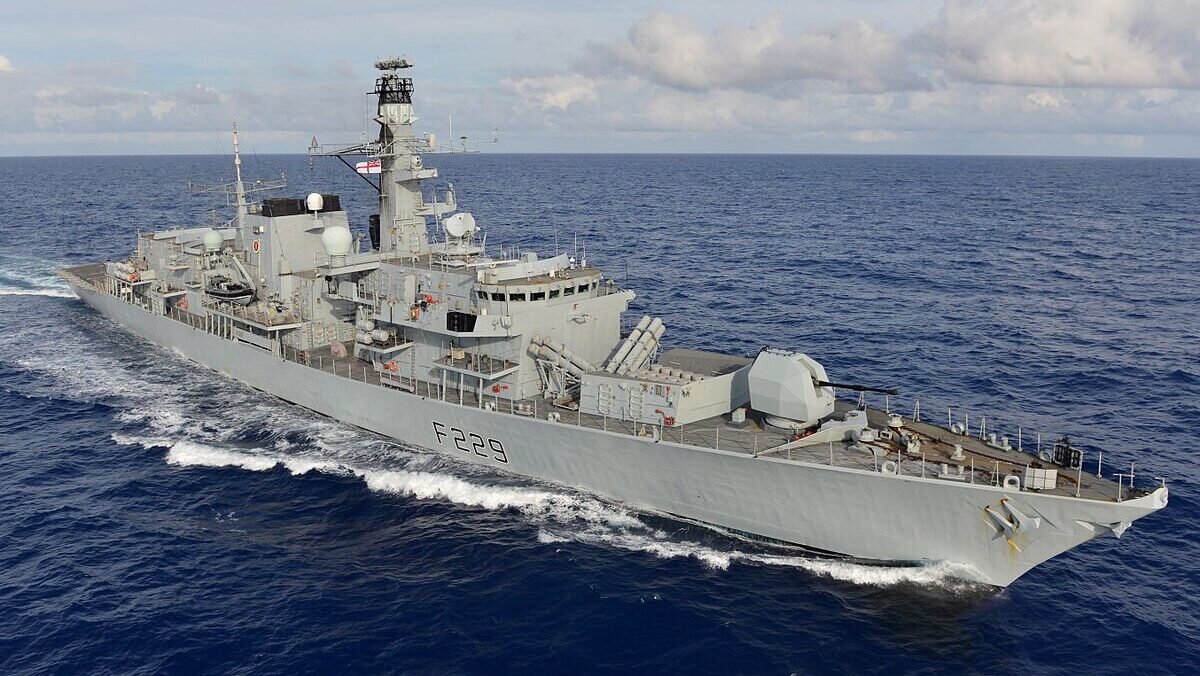Systems Engineering & Assessment (SEA), a subsidiary of Cohort, a British defense technology company, is set to showcase a new software application aimed at bolstering the capabilities of the UK Royal Navy's sonar systems, the company said in a press release.
As part of the Anti-Submarine Warfare (ASW) Spearhead program initiated by the Ministry of Defence (MoD) in October 2022 to swiftly harness new underwater technologies from industry, SEA provides a solution that autonomously calculates the best deployment depth for an active sonar projector and receiving array based on the underwater surroundings.
It is expected to undergo trials later this year, and the goal is to significantly improve the Royal Navy's ability to detect and track targets underwater.
Leveraging its expertise in underwater environmental modeling, sonar, and acoustics, SEA will not only demonstrate the software but also contribute additional concepts to the ASW Spearhead program. This collaboration with prime contractor Thales Underwater Systems aims to offer the Royal Navy innovative strategies for utilizing both current and upgraded systems in underwater warfare scenarios.
Ian Cox, Head of Research & Simulation at SEA, said:
“SEA is proud to be demonstrating its leading capability for this important project with Thales, which is a continuation of our work with the Royal Navy based around trusted advice and consultancy, and the provision of leading technology.”
“It shows SEA’s dedication to supporting the enhancement of the Royal Navy’s ASW capability. It also underscores our commitment to advancing research and development studies within underwater detection and tracking into operational capabilities for naval forces. We are proud to be pushing the boundaries of technological innovation within naval defense,” Cox added.
SEA has established a strong presence within the Royal Navy's supply network, having previously delivered its Ancilia trainable decoy launcher system. This system is specifically crafted to deceive ballistic and hypersonic missiles by presenting an alternate radar signature. Moreover, the company has secured contracts on an international scale, including an order from the Royal Canadian Navy for lightweight torpedo launcher systems.
At present, the Royal Navy utilizes Thales' CAPTAS-4, also known as the Sonar 2087 system, installed on top-tier frigates such as the British Duke-class (Type 23) and European FREMM ships. This system comprises a variable-depth, low-frequency transmitter along with a passive, towed reception array.









